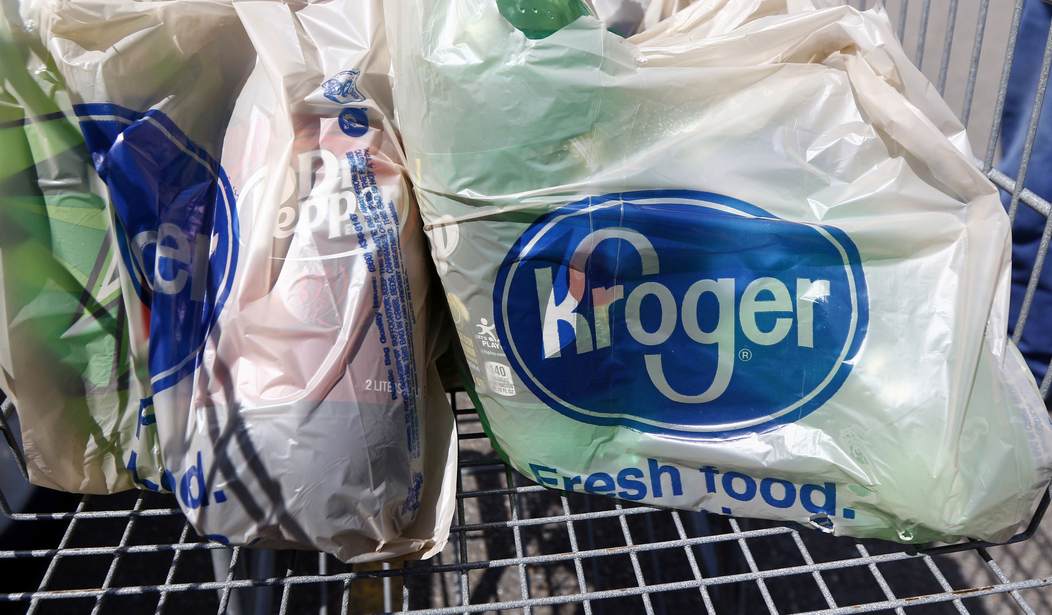Why, in 2024, would anyone attack grocery stores for price gouging and therefore the high food prices consumers pay every day? There are exactly zero facts to support the claim that the incredible inflation at the consumer level is the result of actions by grocery stores. Grocery stores make very little money on each item sold and profit because of the volume of individual purchases by large numbers of consumers. In a purchase of $100.00 of groceries, the grocery chain’s profit was likely between $1.60 and $2.00 in 2023. Take away those margins and we would have many fewer grocery chains.
Generally, if a company or an industry is being attacked for price gouging, companies in the space would have wildly increasing profits, wildly increasing stock prices and be sending their ill-begotten profits to shareholders as dividends. These gouging companies would be increasing operating margins and increasing profits to the detriment of their customers.
Listening to the rhetoric regarding price gouging from grocery chains, Albertsons and Kroger would logically be poster children for this attack. Except, reality should have some importance in a discussion of proposing and/or implementing price controls. At both grocery chains, operating margins are down, profits are down, one has had a significant reduction in stock price; the other has had a small increase. If this is gouging by the grocery stores, a bit more of this new definition of gouging (lower prices and therefore lower profits) and we will observe both companies reducing or eliminating capital spending, begin to close stores which cannot maintain current tiny margins, and employee layoffs.
Along with lower margins and declining profits, the grocery industry is facing increased shoplifting. The costs here are significant and likely if there are not reversals of policies by prosecutors or legislation not to prosecute 'small theft', the costs of shoplifting will continue to eat into grocery store margins.
And to go along with threats of controlling prices and the reality of shoplifting costs, there is the additional Democratic proposal to increase federal corporate taxes by 33%. This additional cost would have to be passed along to consumers.
Recommended
Increasing federal income taxes on companies that are facing decreasing margins and decreasing profits is not a strategy that can be found in any economic textbooks. Placing price controls on these same companies along with increases in federal taxation is a formula for creating scarcity of stores. Two of the wonders of western civilization are the number of grocery stores and the availability of thousands and thousands of items every day, twelve months of the year. If margins decline, the first solution would be to reduce the number of stores and hopefully increase the numbers of customers in the remaining stores. If every grocery chain was confronting the same price controls and reductions of margins, every company in the industry would consolidate their number of stores. Costs would go down, but lines of customers would increase and employment numbers would be reduced. Everyone loses.
Shareholders of grocery stores look at companies creating artificial intelligence for the private and public sectors with great envy. Their stock values have skyrocketed. But a reminder, we cannot eat A.I. And a further reminder: grocery stores have their operations in the United States and international business and tax planning does nothing for grocery companies to reduce their federal taxes. Companies like Albertsons and Kroger pay lots of federal income taxes already.
The National Beef Wire reported that retail beef prices rose from 3.95 per pound in December 2020 to $5.21 in December 2023. Of that $1.36 increase in price, any grocery chain would have received a little more than an additional 2 cents in net margin. When the consumer sees 30%, 40% etc. price increases, it is not the grocery store to blame in 2024.
A one-third increase in federal income taxes as proposed by the Democrats would be just another arrow in the heart of the grocery business. It would represent about a 7% decrease in net profits.
Adding it up, in 2023, if Democrats forced down pricing by 1% and simultaneously increased taxes by one-third. Albertson’s profits would have declined by 65%. Anyone’s best guess: but layoffs, lack of raises (perhaps strikes), lack of capital reinvestment and store closures would have followed. The consumer would have saved virtually nothing; consumers would be experiencing shortages and employees would have suffered.

























Join the conversation as a VIP Member